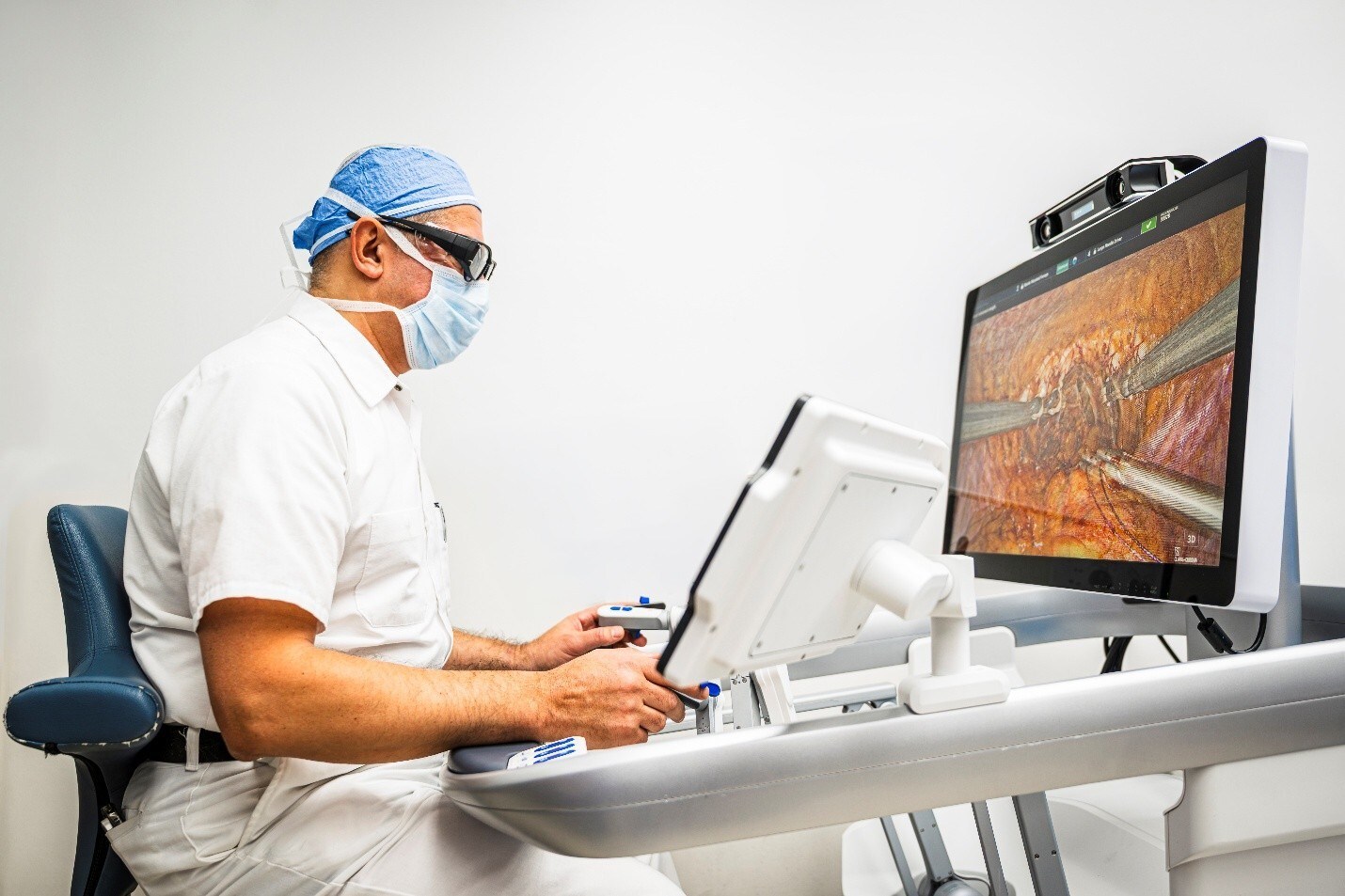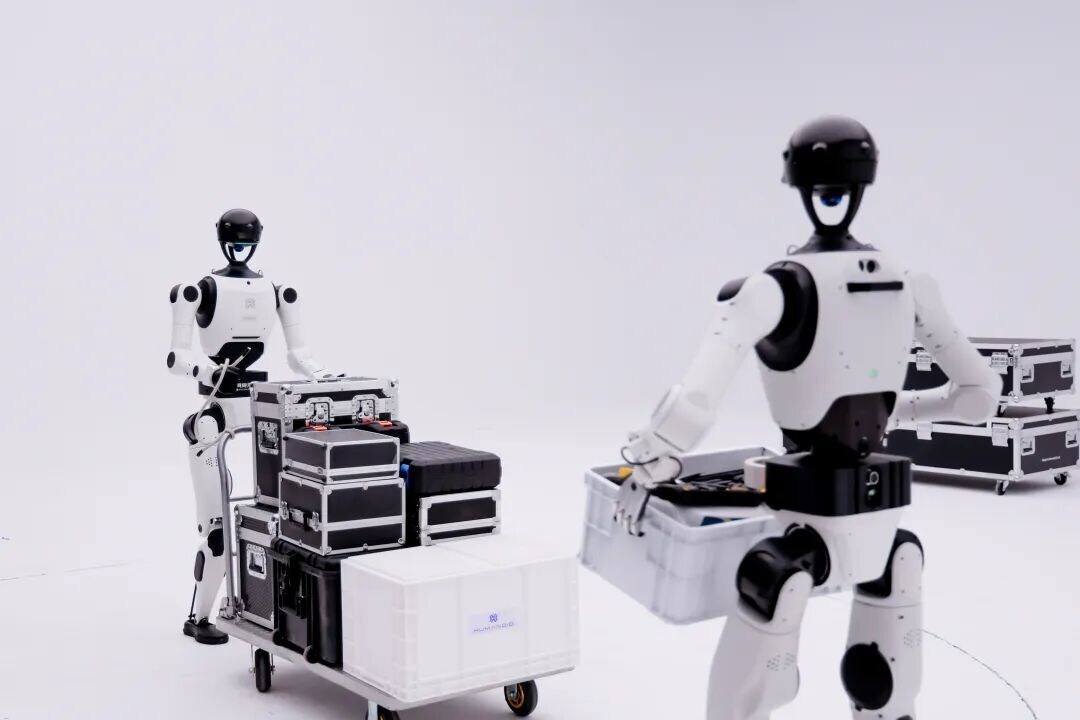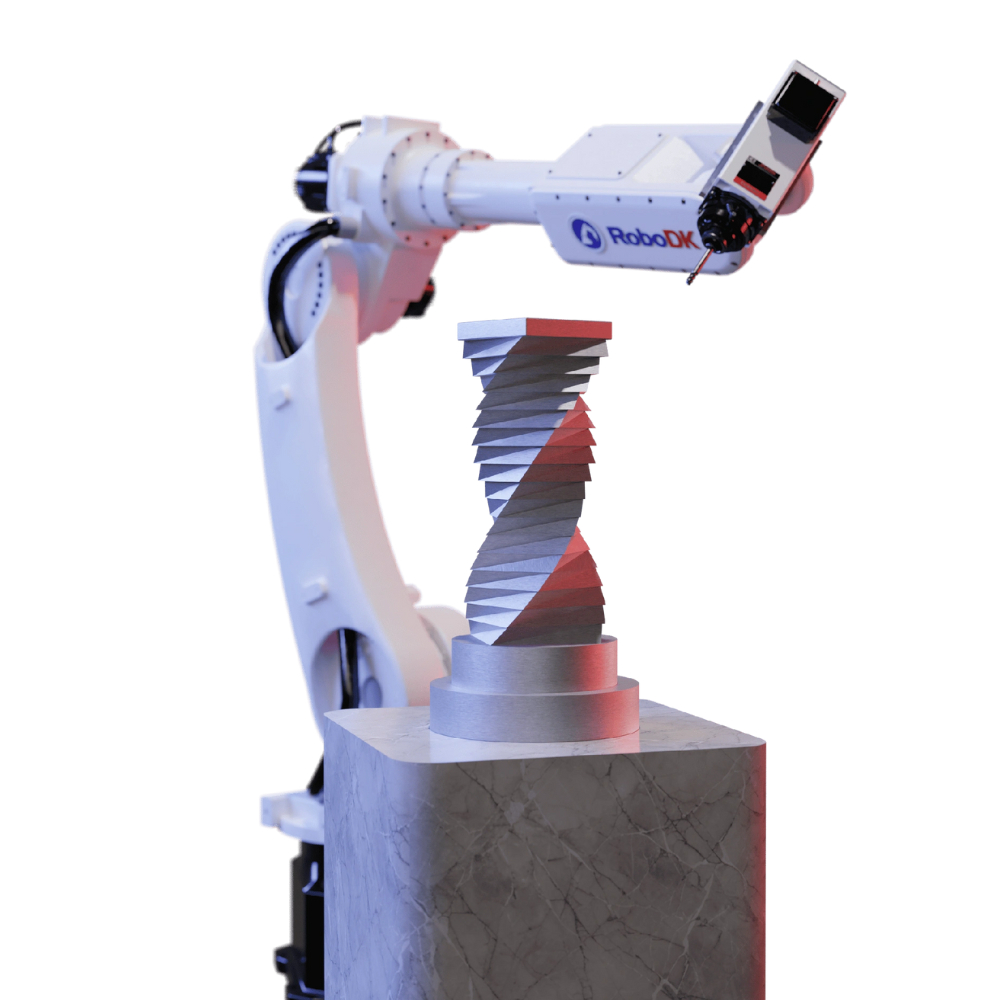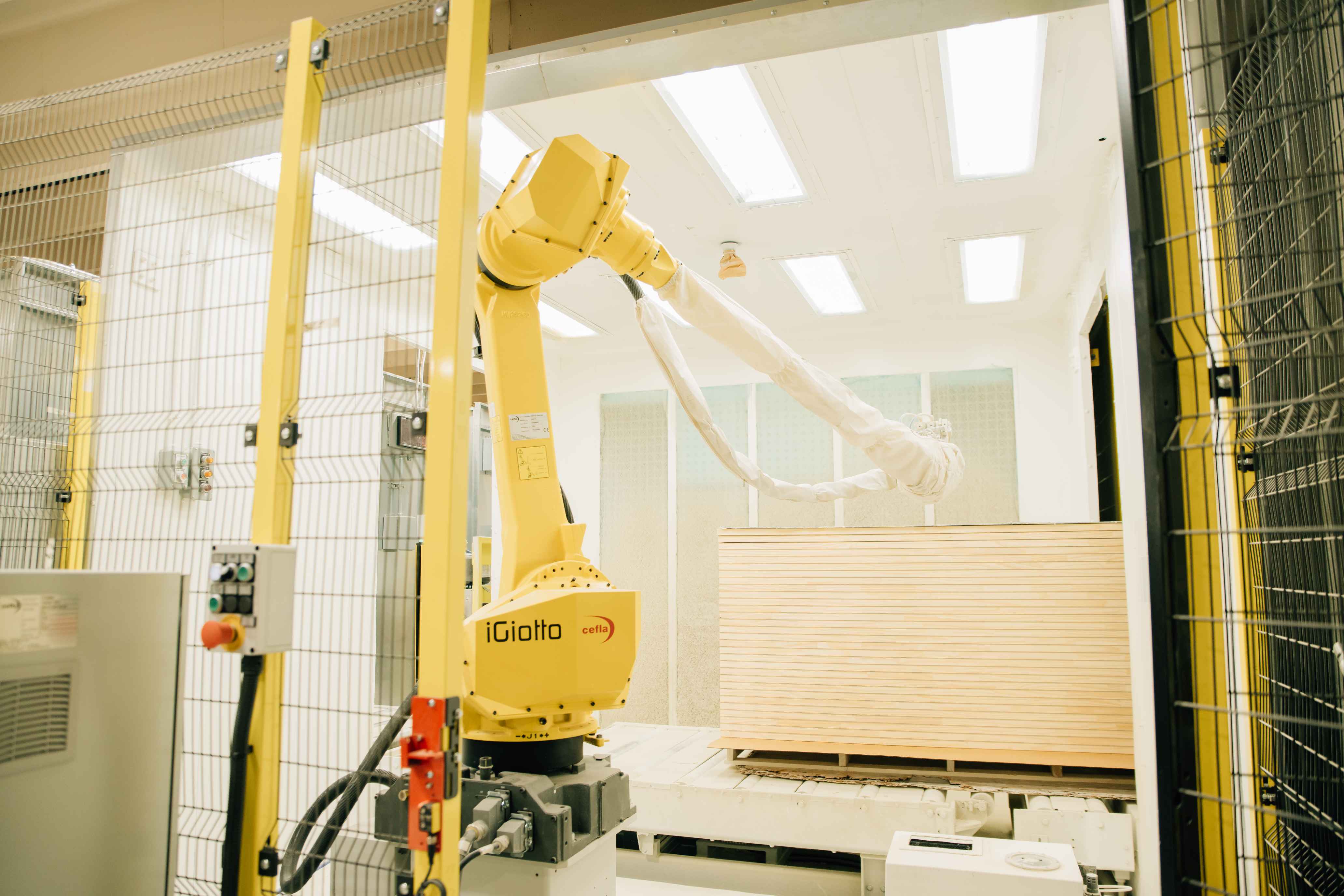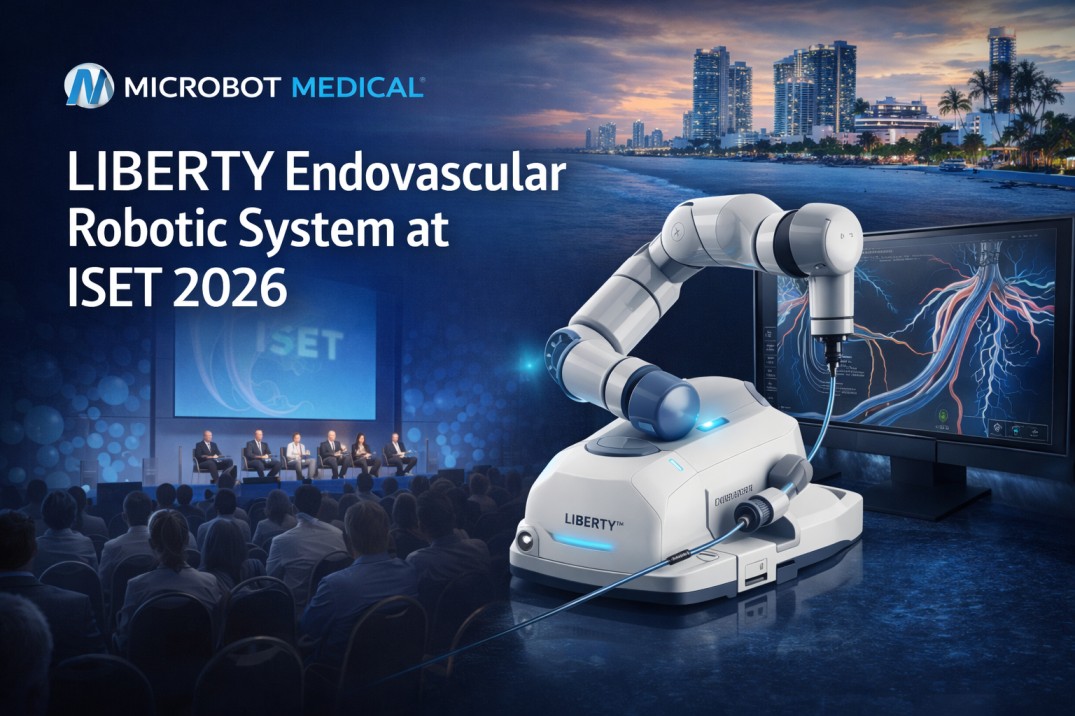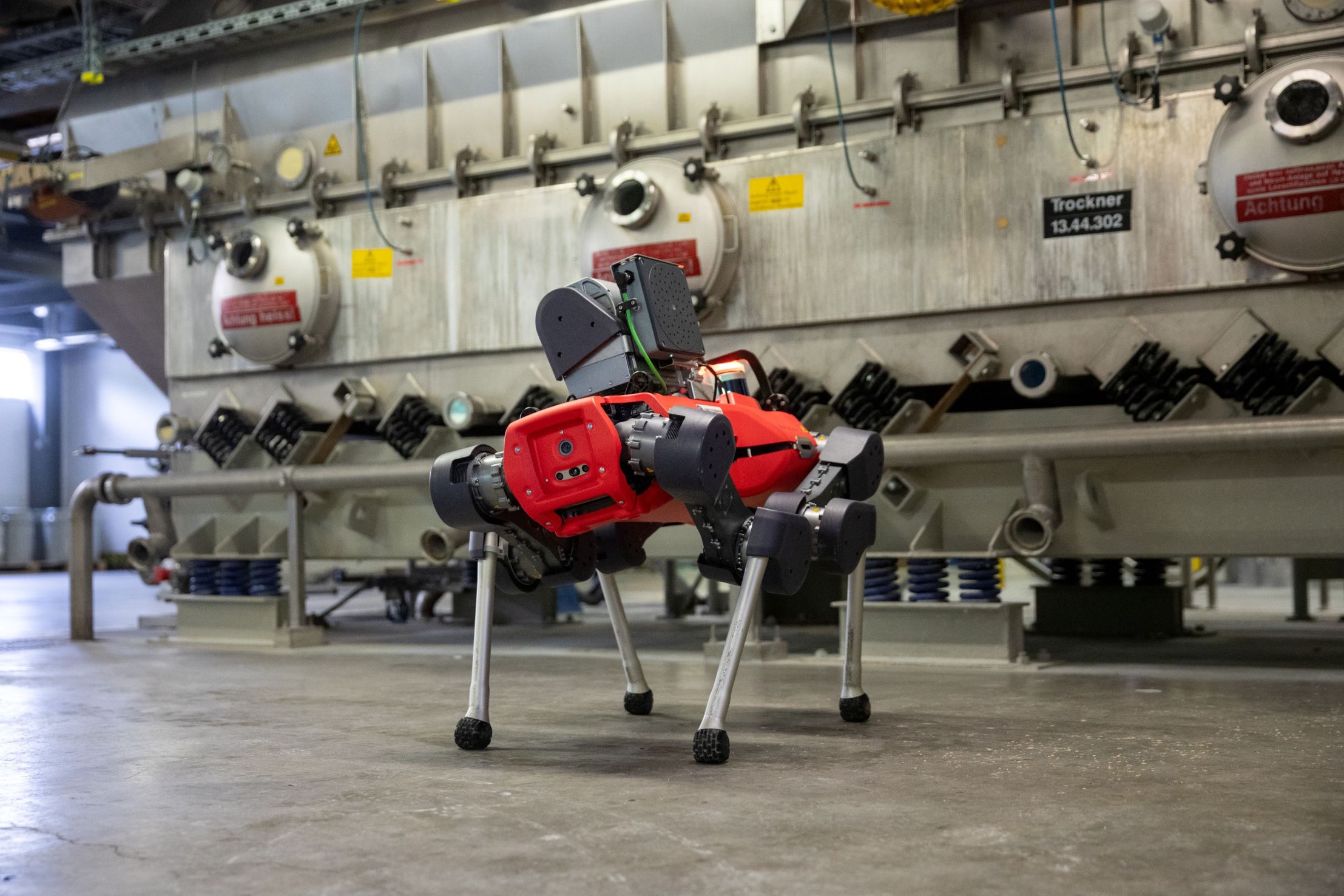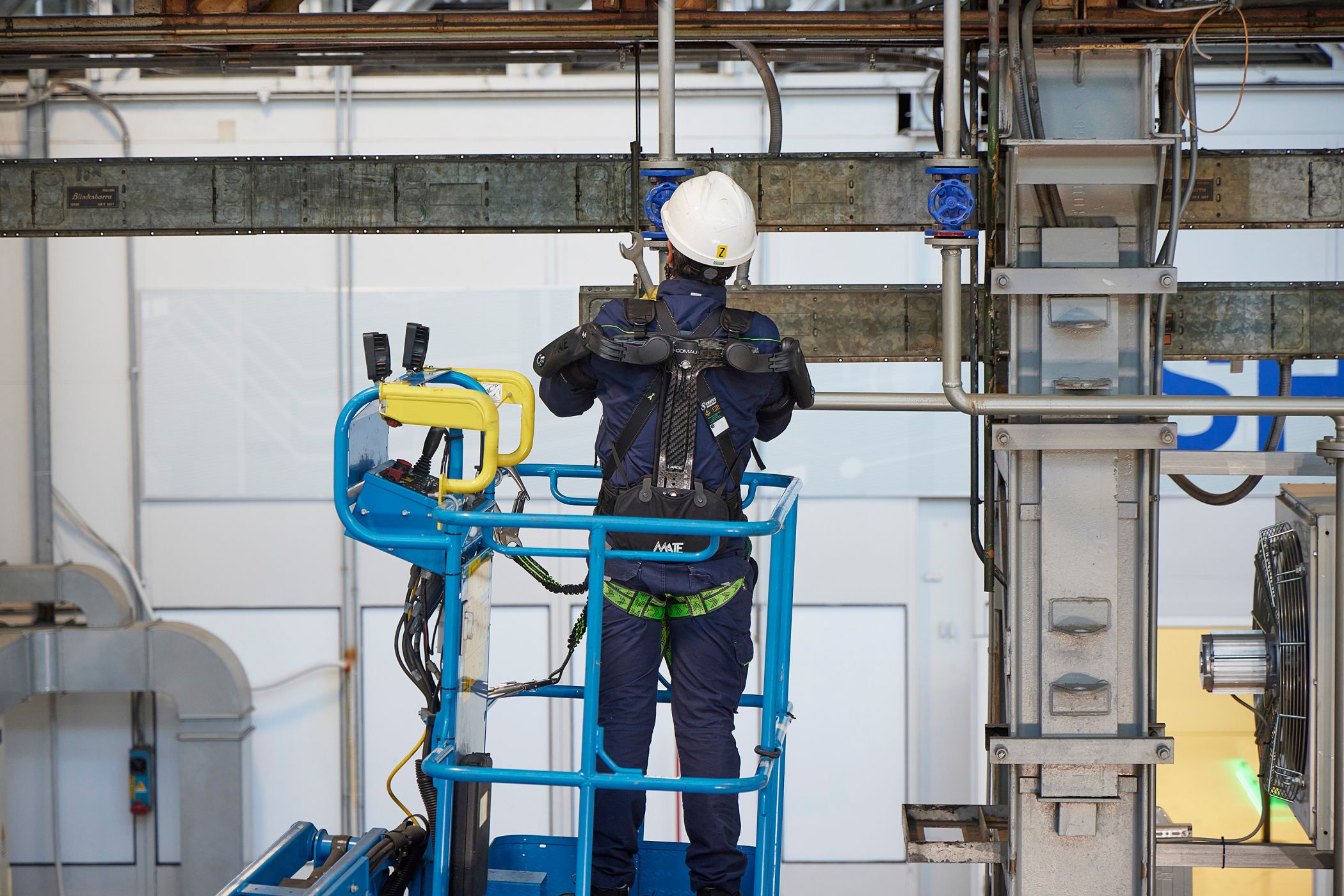AI-Powered Breakthrough in Liver Fibrosis Evaluation: Collaborative Study Highlights Transformative Impact on MASH Diagnosis
HistoIndex, alongside leading global institutions, demonstrates how AI-assisted digital pathology enhances accuracy and consistency in fibrosis staging, streamlining clinical trials and improving care for MASH patients worldwide.
Image Courtesy: Public Domain
A newly published collaborative study[1] in the Journal of Hepatology, featuring HistoIndex – a global leader in stain-free digital pathology solutions for managing fibrotic diseases – alongside Merck & Co., MSD, Virginia Commonwealth University (VCU), The National Institutes of Health (NIH) and a panel of distinguished international liver pathologists showcased how Artificial Intelligence (AI) is revolutionizing the evaluation of liver fibrosis in metabolic dysfunction-associated steatohepatitis (MASH).
MASH, a condition often linked to obesity and type 2 diabetes, causes liver inflammation and fibrosis. Accurate staging of fibrosis is crucial for diagnosing MASH and determining treatment options. In addressing the inherent variability in fibrosis staging, HistoIndex's AI digital pathology platform has been shown to enhance the reliability of clinical trial outcomes by offering a more objective approach in evaluating fibrosis.
The study, which analyzed 120 digitized histology slides from two separate Phase 2b MASH clinical trials (NCT03517540, NCT03912532), revealed that AI assistance significantly improved inter-pathologist agreement on fibrosis staging, particularly for early-stage fibrosis (F0-F2). Compared to traditional methods, the HistoIndex's stain-free digital pathology platform using Second Harmonic Generation/Two Photon Excitation Fluorescence (SHG/TPEF) provided a more consistent, accurate and detailed assessment of fibrosis severity across the disease spectrum (Figure 1). Thus, enabling pathologists to address the long-standing challenge of intra- and inter-pathologist variability in MASH biopsy evaluation.
"I am excited about the findings of this study, which highlight how AI-assisted SHG/TPEF imaging and quantitative fibrosis scoring have improved inter-pathologist agreement, especially for early-stage fibrosis (F0-F2)." said Dr. Arun Sanyal, M.D., Professor of Medicine, Physiology and Molecular Pathology at Virginia Commonwealth University School of Medicine, and Principal Investigator of the study. "This increased accuracy not only enhances confidence in staging but also has the potential to streamline clinical trial processes and reduce the need for third-pathologist adjudication."
"Witnessing the journey of this study from concept to fruition has been incredibly rewarding, made possible by the collaboration across global teams." said Dr. Gideon Ho, CEO of HistoIndex, "The findings, especially the improvement in inter-pathologist agreement with AI-assistance, are set to transform both clinical trial assessments that transcend into precise and personalized care for MASH patients."
This study marks a significant step forward in leveraging AI to aid pathologists in both MASH clinical trials and routine patient care, offering a promising pathway for improving consistency and accuracy in diagnosing and managing MASH as a global health challenge.
About MASH











